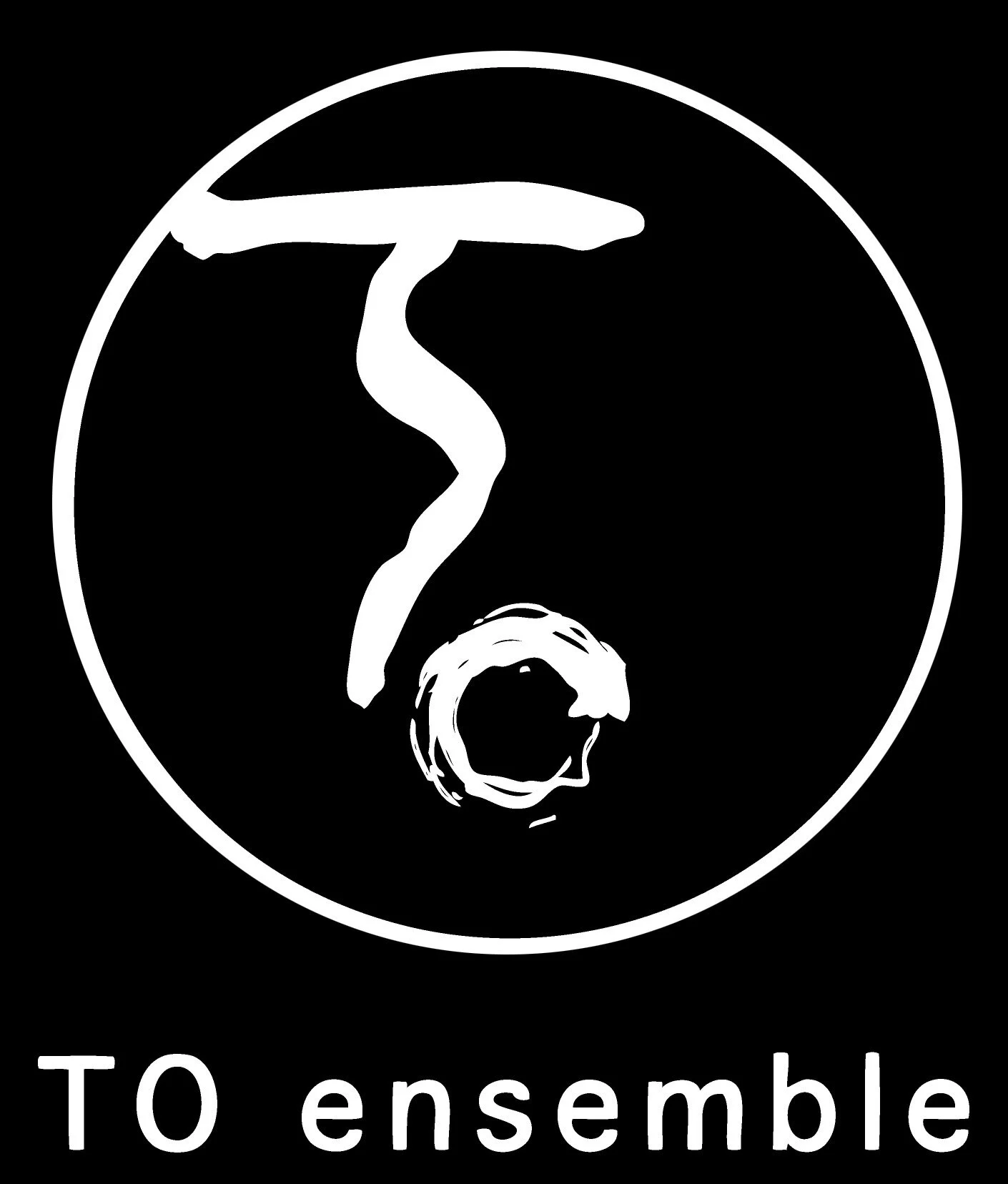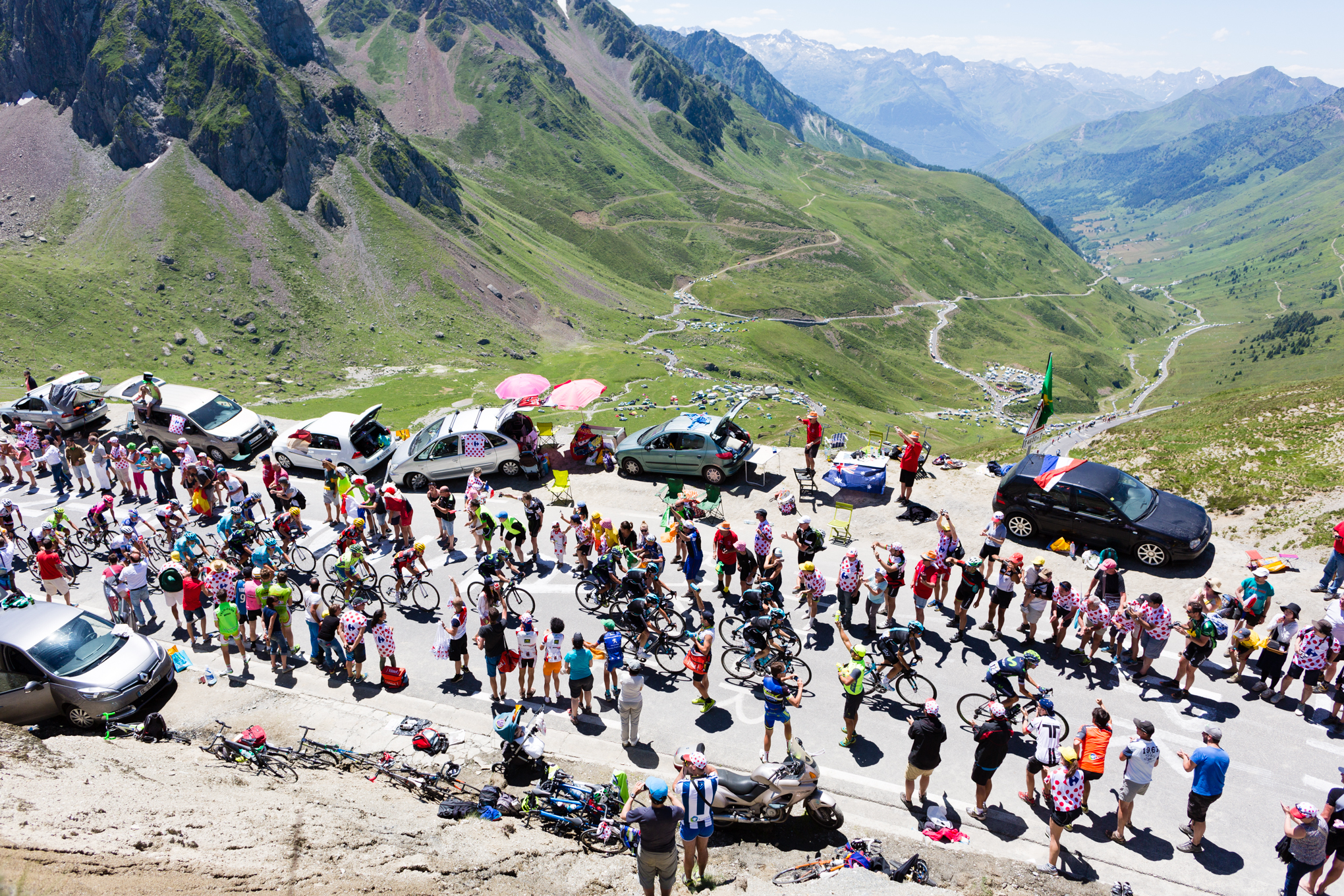Wong Wei Yuet
Wong Wei Yuet is a photographer based in Singapore. He has taken photos for many different occasions and of many different people across his illustrious career. An avid cyclist and hiker himself, he’s covered the Tour De France, amongst many other events, some of which can be seen on his website: http://weiyuet.com. Over a good coffee, we talk to Wei Yuet about his varied experience in the field, taking photos of nature, performances and sports.
It's a joy to see musicians happy when performing. They are smiling, and having fun.
Share with us your photography process.
I try not to over-intellectualize each shot – I follow my instincts, and try to anticipate if something is happening. So as you know the subject better and better it becomes easier to predict if something interesting is going to happen, being at the right place and time to capture it. For example in cycling, the first thing you need to study is the course map so that you can decide where you want to be in the race, and you need to know the sport well. In my case, I am a cyclist as well so it helps to understand. For example the “final climb” before the end is where often something decisive will happen so you want to be there to capture it.
For shooting concerts, initially I had no prior knowledge, but after a few concerts I started to know the music and the musicians, how and when they would react, and then I could get ready for what I think will come. I guess we succeed like around 20% of the time to get the kind of shots we like/want/imagined.
So would you say most of it is planning and preparation?
There's a lot a lot of improvisation involved and reacting/adapting on the spot.
There's a huge misconception that we spend a lot of time taking photos, but in reality we spend most of the time waiting! And the waiting is not always pleasant, sometimes you are waiting in bad weather, hungry or badly needy a toilet break. Hence you have to love your subject else it will be quite miserable waiting for that one moment to capture that shot. Another thing is I try to be very deliberate, I don't press the shutter indiscriminately - I want to make each shot count.
Tech has changed the way we approach photography. It make us think less – we almost let the camera do the “thinking” for us, taking more shots. Unlike in days of film, where you have very limited shots and you don't want to waste a shot and you inadvertently have to think and plan how you shoot carefully; but with digital photography it has become the other way round. I think limitations like these actually help us become better photographers, be more aware of light, that's why I am going to experiment more with film cameras
Can you tell us about a time you had to react/adapt on the spot?
In the 2016 Tour de France, there was a stage that ended up on a mountain top from France to Andorra. On the mountains, the weather can change very quickly, from sunny summer to cold and wet. I always check the weather forecast and bring some rain gear.
So on that day, the forecast said fine. And the hourly forecast was also good. So when I decided to be near the summit, I only brought along one poncho, no rain cover for the camera, no raincoat or long pants. Having decided all my gear, and leaving behind what I didn't need in the car, I went up the mountain. We just waited there for about 2 hours before the race came by. However, about one hour before the race came, it started to drizzle. It was definitely not in the forecast. No problem because I had the poncho. But as we waited the rain became heavier. And in the mountains, the temperature can drop quickly.
It started to feel cold, and then just before the riders arrived it started to hail. Ice the size of little golf balls was coming down. As the riders came, with only a poncho and without any rain covers for my gear, I just had to adapt to this conditions and still make pictures the best I can. After a while, I was wet and cold, and my camera was soaked. A little after, the camera stopped working. And then that was it. I was cold and shivering, and just hoped that I got some good photos before my camera stopped working.
Eventually, I dried my camera out, and I did get some photos. It's photos in dismal conditions that one remembers. As a sports photographer, we need to be out there rain or shine. People don't see this part, and only imagine it's glamorous.
The peloton climbs the Toumalet Pass during the 2016 Tour de France. The alpine passes are filled with fans who wait hours, just to see the cyclists pass in less than 10 minutes.
So what do you focus on when you take the photo?
I try to bring out the emotions of the subject and draw the viewer in and bring the them closer to the subject, question about what is happening – basically inspire a response from the viewer.
What do you think a still image does that a moving one doesn't?
A still image leaves more room or imagination – it only shows you tat moment but not what's before or what's after. I think it's a similar skill set, in terms knowing how to read light, composition etc but the approach is very different – I realised this talking to videographers shooting for events – for them it's more “directed” and “scripted”, while for me a a photographer I capture what unfolds naturally.
It's also different from the kind of photographer you are, whether you are a studio photographer or a documentary photographer, photo-journalist etc.
At the world championships I met this documentary photographer who shot the war in Ukraine, for her she has very strict rules – what they see/capture cannot be manipulated in any way, and no cropping and adding elements. It's different from how a sports photographer would work.
You don’t just photograph sports, you also photograph concerts! How does shooting a concert and sports compare?
It's quite different, because they are quite different subjects. But the similar thing is to try to create the emotional response in the viewers.
The similarity is that there is drama unfolding, usually in three acts. Before the race or the performance, I like to go early and catch photos of athletes warming up, and musicians rehearsing / doing their sound check. There's many emotional details in those quiet moments.
Both in sport and music, I am trying to explore what makes athletes and musicians strive to push themselves to the limit to create that level of performance.
In general sad, painful emotions are more widely shared by people, so those pictures of struggle are more easily understood.
I understand you’ve lived in Japan and taught English, you have done volunteer work and you have travelled the globe climbing mountains and also shoot cycling races – do these diverse experience affect the way you create art and make photos?
It made me realise that people are more alike that different, and that people experience similar emotions. However, you are never going to please everyone, so the best is to create something that feels authentic to yourself.
I only fell in love with the mountains after living in Japan. For two years, I worked as an English teacher in Nagano Prefecture, a very mountainous area in Japan. The first six months I had massive culture shock because there were mountains everywhere I looked. This was so different compared to Singapore, where we only see buildings, and cannot even see the horizon most of the time. Now, every year, I try to climb a mountain.
Does nature inspire you and if so why?
When you scale a mountain you start to realise the scale of things, of the world around you, how small we are, and it reminds you of your place in this world. We are all stuck on this “spaceship” called planet Earth and we are like the crew of this ship and it's our responsibility to take care of it. We may have a lot divisions here on Earth but we also have a duty to take care of it.
When you experience the majesty, grandeur in nature and at the same time fear, it makes you also rethink life.
On the summit of Mt Zao (in Japan), looking at the layers and layers of mountains, reminds me that people also comes in many layers. It takes some time to understand them.
So then, as a final question, what is photography to you?
I see it as a means to express myself. There's many ways to express oneself, but it's the most fascinating means for me. Before the digital age, the fact of using chemicals to create a permanent image fascinated me.
The way I see it, photography and other “art-forms” were often created as a functional tool, rather than means of creating “Art”, whether it becomes art or not it's up to the viewer to decide.
There's other ways to express oneself like for me, cycling, hiking. It’s more important to become a person first and then find the way best to express yourself – then it will be authentic.
The theme I like to cover in my photography are essentially thing I like and mean something to me, be it nature, mountain sports or other things I love.




